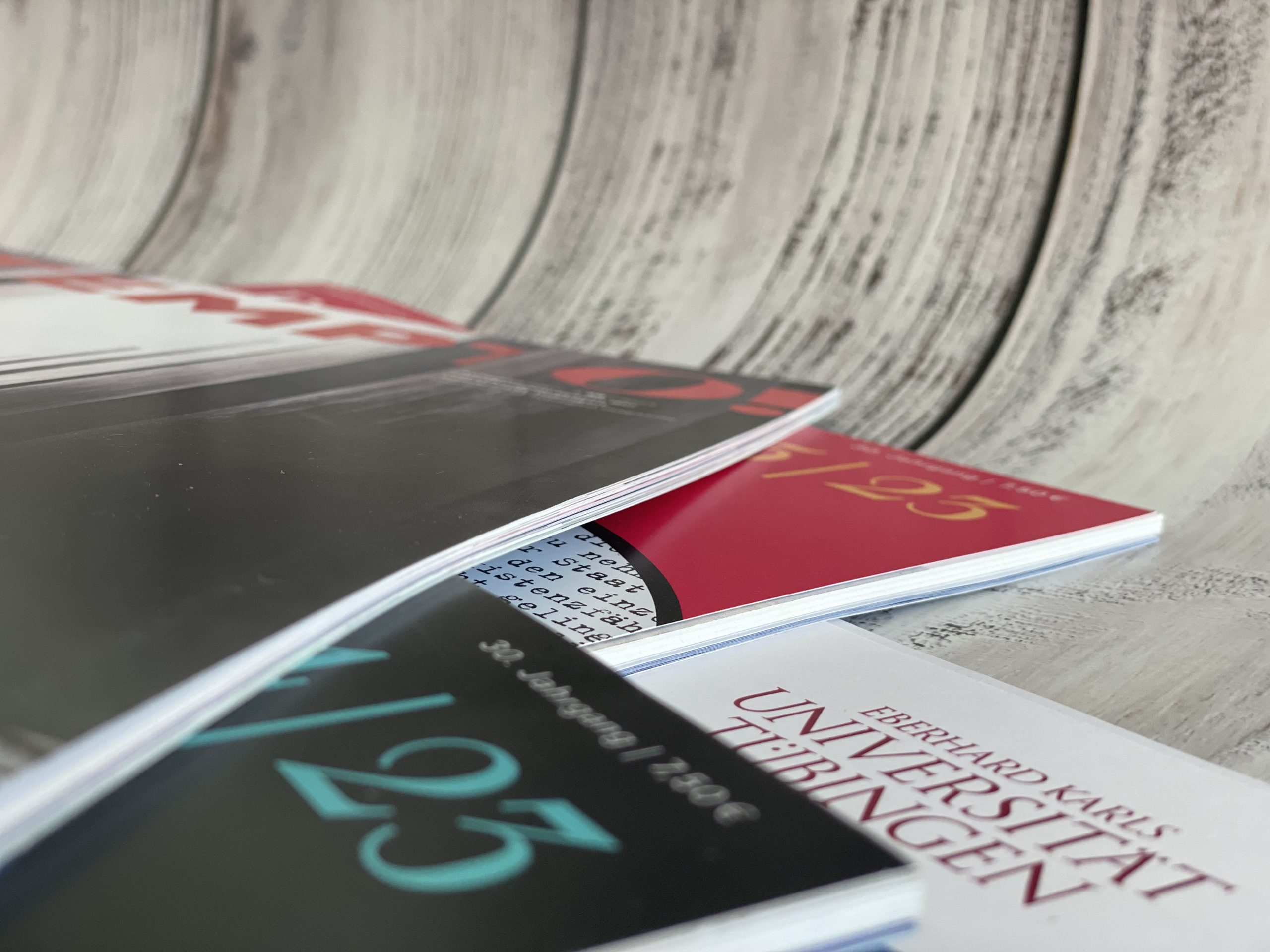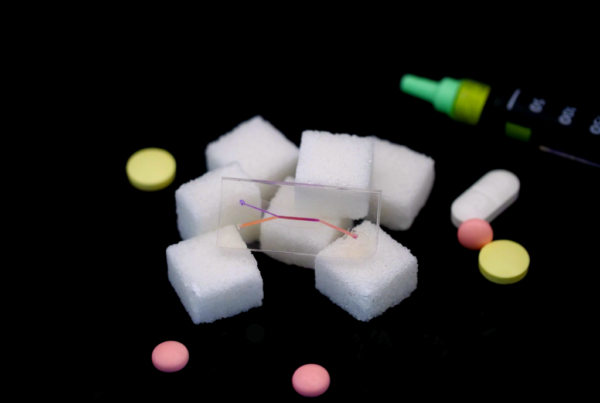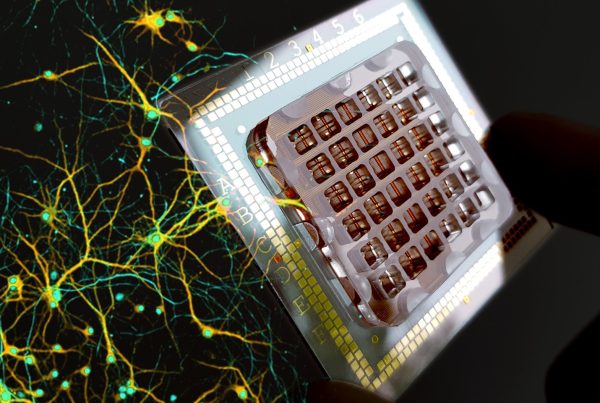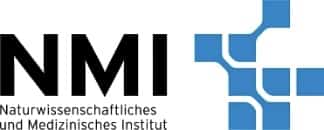In a recent interview with the science magazine “Spektrum der Wissenschaft“, Peter Loskill sheds light on the potential and limitations of alternative and complementary methods to animal testing, such as organ-on-chip and organoid technology. The article titled „Can stem cells replace animal experiments?“ explores the urgent need for additional training opportunities and professional support in this field.
As professor for Organ-on-Chip Systems at the Eberhard Karls University and the NMI Natural and Medical Sciences Institute in Reutlingen, he emphasizes that no model, whether it involves animals or in vitro systems, can be deemed perfect. Nevertheless, he highlights their valuable role in generating human-relevant data. These models play a crucial part in advancing research, refining existing techniques, and ultimately reducing animal experiments to an absolute minimum, even if complete replacement remains a challenging prospect for the foreseeable future.
Throughout the interview, Peter Loskill stresses the importance of broad education, training, and continuing development programs in the realm of replacement and complementary methods to animal testing. These programs aim to enable stakeholders to transition towards non-animal models effectively. Providing scientists with easy access to replacement and complementary methods is essential, and infrastructures akin to those available for animal testing need to be established.
The full article is included in Ausgabe 24 „Spektrum – Die Woche“, KI-designte Proteine and is available (in German) online.
Contact for Media Inquiries
Name: Dr. Silke Keller
Email: 3rcenter@uni-tuebingen.de
Phone: +49 7071 29 73667








